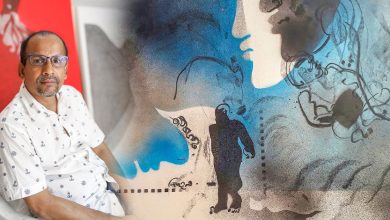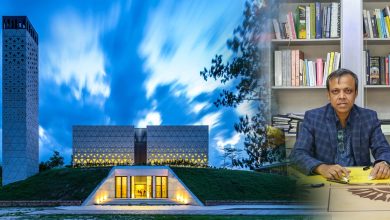Street Children Rehabilitation Center : Emerging to a new life
Children hold a great power over society’s future. But, it is so heart wrenching to see those little children living or working on the street. A statistic estimated around 3,80,000 street children live in Bangladesh and 55 percent of them are in Dhaka city alone. One of the major problems of street children is insecure life; where there is a high chance of sexual exploitation. In addition, they are subjected to many other forms of physical and social harassment, and as well, environmental factors contribute to street children poor health, resulting at high risk for infectious diseases.
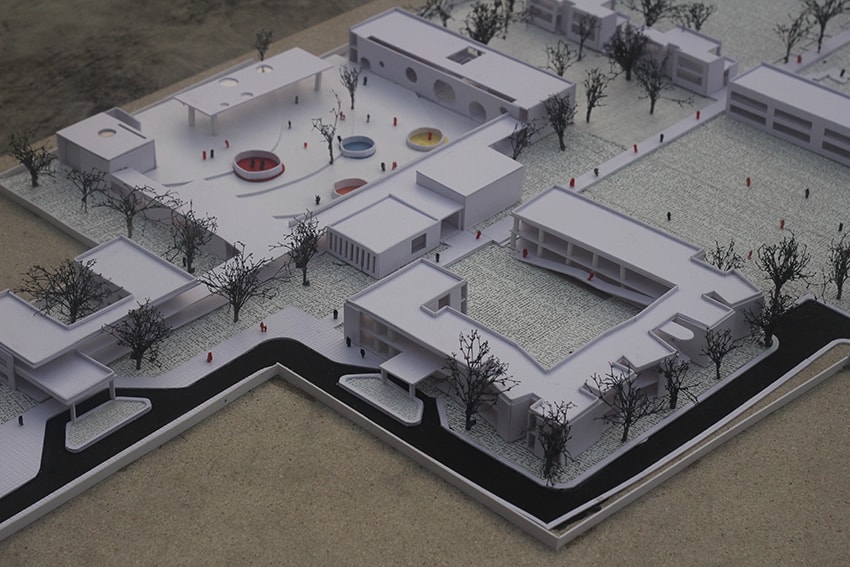
The purpose of this project was to build a secure, happy and a playful environment to make ensure physical, social and psychological development of the street children. This thesis project was proposed by Tasmiah Chowdhury, a student from The University of Asia Pacific (UAP). Her studio guide teachers were Ar. Ziaul Islam, Ar. Mehrab Iftekher and Ar. Bin Sayeed Bakhti.
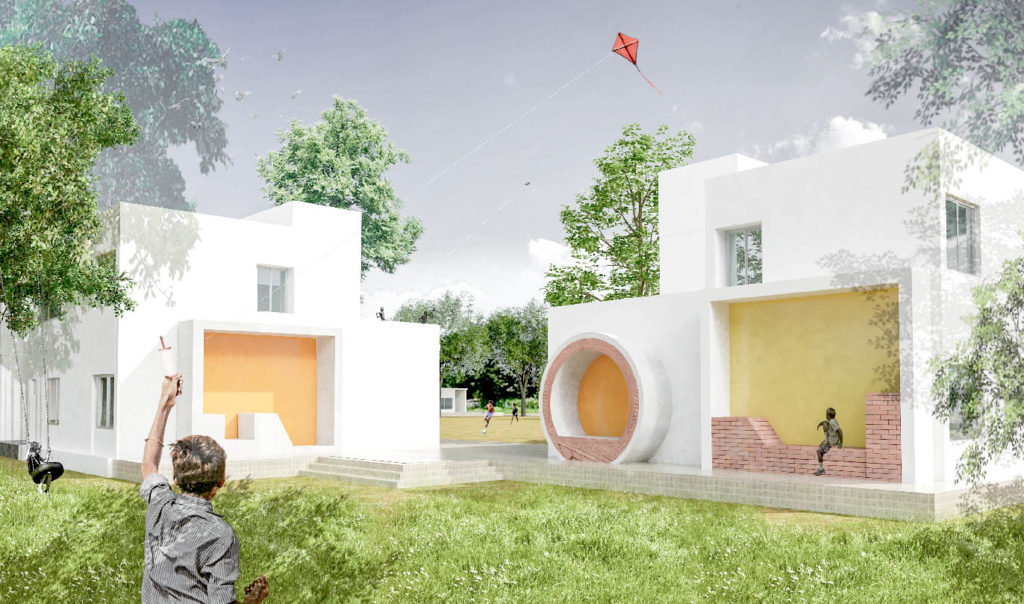
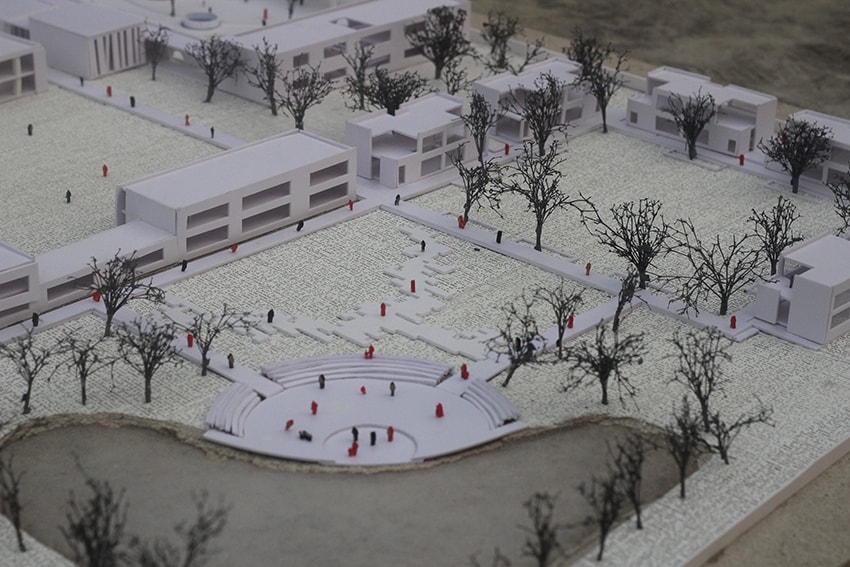
Within the premises, the complex is designed with an elementary school, individual grouped homes, a dormitory, administration and other service areas. Apart from providing the basic needs of the street children, the thought process of the project begins and focuses on creating an intermediate space; before a street child moves to their individual homes in the complex. After a child come to the rehabilitation center, he needs his time and space to be his own to understand the surroundings; so he can cope up and eventually love the environment of the complex and finally decides by his own; to move to homes and continue his journey in the complex.

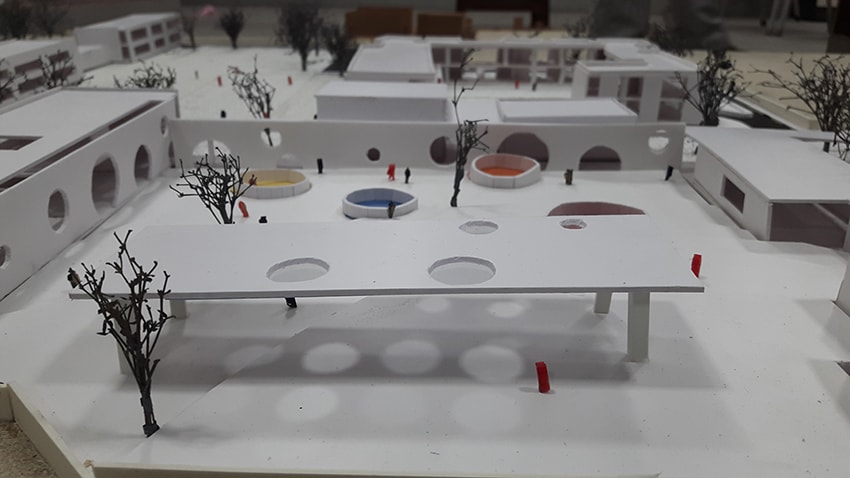
The intermediate space is named ‘PROBORTON’, meaning the start of a new life. The design consideration of this space meant to be very playful, secured and a feel of openness; so that the children feel free, protected and gradually heal physically, socially and psychologically; moving to a healthy life.
In their second phase, they would move to grouped individual homes. The individual grouped homes provide a family environment; accompanied by a mother who take care of the children and ten to twelve siblings, varying age from four to twelve.

After reaching adolescence, the children would shift to dormitories, which would be a new phase of their life. They shall live there to a certain age and would be trained with vocational skills, provided within the premises.
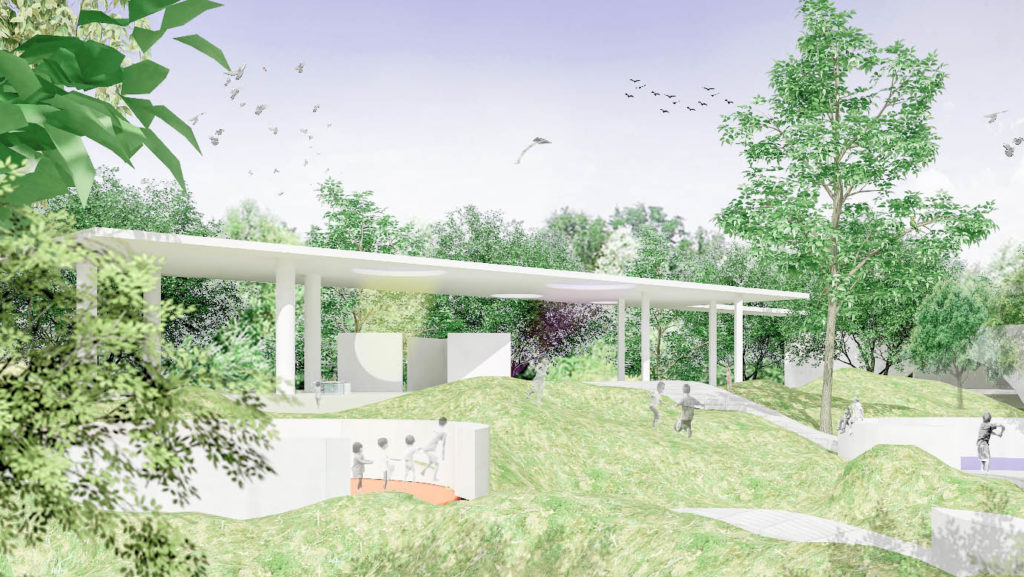
Beside the vocational training center, an elementary school is designed; where other children outside the rehabilitation center, would study in the school along with the street children. This initiative would break-down the hideous classification indifference among the children.
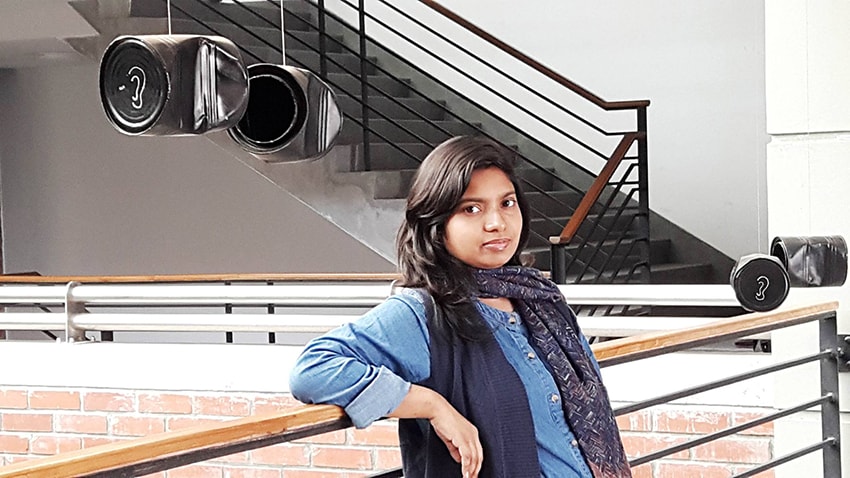
It is needless to mention that the street children of our country leading the most miserable life, although they are the significant part of the society. Without any doubt, it can be said that no development plan can be successful if the sector of street children is ignored. This project is merely an idea based academic project, researched and designed in the urge to make a better life for the unprivileged children of our country; where no street can be a home of any children.


